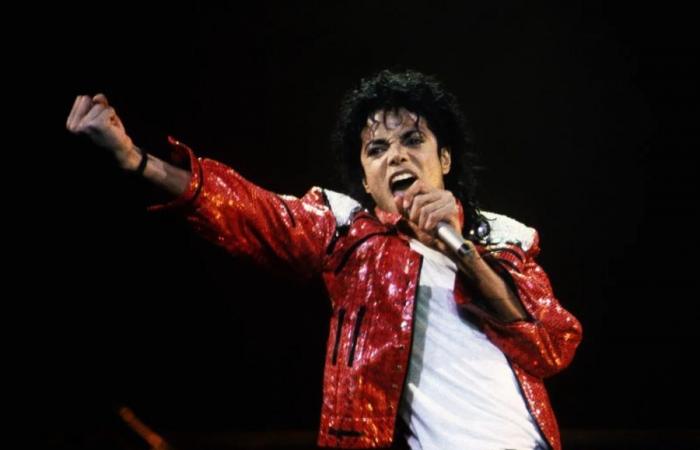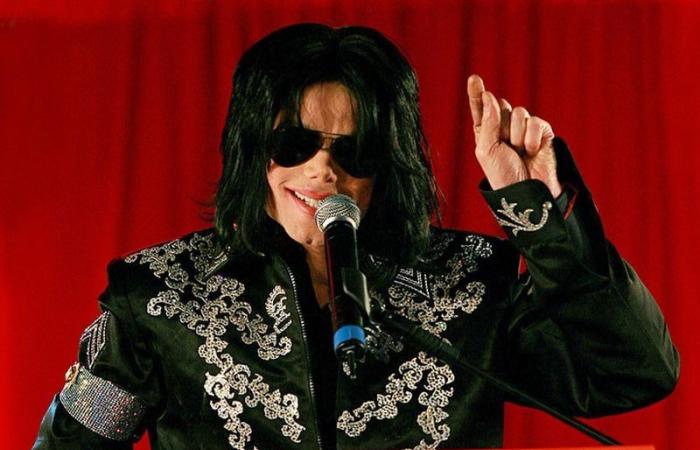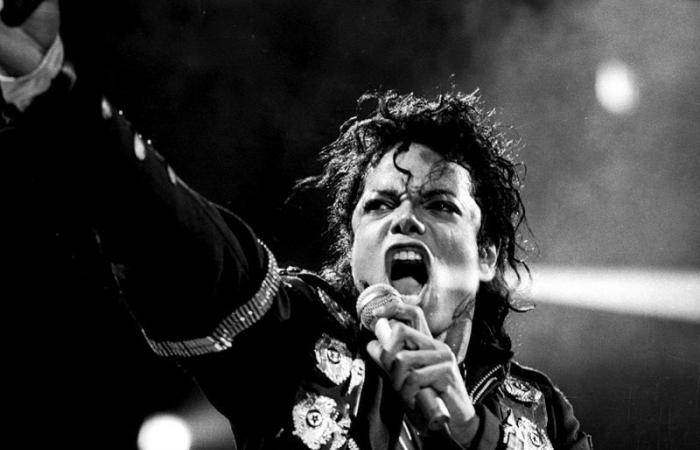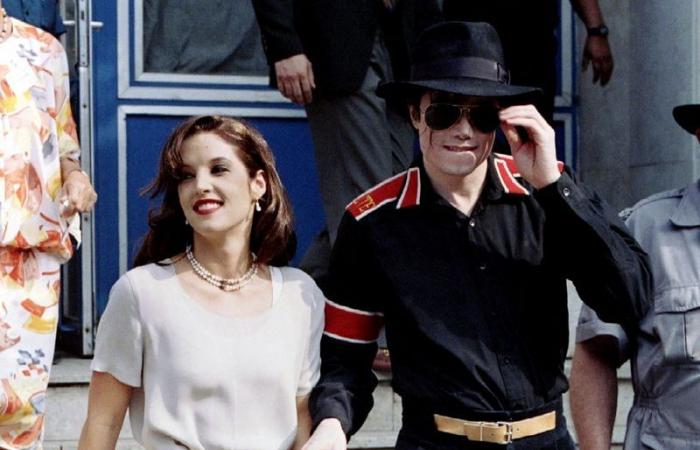On Thursday, June 25, 2009, the world came to a standstill: he died Michael Jackson and all the headlines surrendered without distinction to the news. Few could think of any other topic. The most representative singer of the 20th century had died, the King of Pop was gone, the man who changed the patterns of commercial music had died, it was the goodbye of a figure revered for his monumental talent and despised for his private gloom.
But there was another aspect only established by the march of time: The death of the American at the age of 50 changed the media and our way of relating to a news event that shakes the entire planet from one second to the next.
In fact, he was the first person of global relevance – known by a majority of the inhabitants of the Earth – who died unexpectedly in the hyperconnected world in which we live today, that of the internet, social networks, online comments. , digital platforms, high-speed communications. Neither Elvis Presley, nor John Lennon, nor Lady Di – also deceased before their time, in a dramatic way and whose deaths took the breath of almost the entire world – faced the same scenario. By the same token, Jackson’s death not only amplified its impact, but also the immediacy of it.
Here, everything that changed without return on that indelible afternoon in mid-2009.
The world learned of the singer’s death at 2:44 p.m. on June 25 (5:44 p.m. in Chile) through the TMZ website, the first to report the information. The disbelief was enormous not only because of the fact itself, but also because of who was broadcasting the news: what was TMZ? Will it be a reliable medium? Do we believe him? Is it true what he is telling us in a headline as concise as it is brutal: “Michael Jackson Died”?
Started in 2005, until then the platform founded in Los Angeles – the city where the artist died – was a showcase without global relevance and focused rather on Hollywood entertainment news. In fact, they broke the news just 18 minutes after “Jacko” was declared dead by doctors, thanks to a medical source (a nurse) they had at the Ronald Reagan UCLA Medical Center where it all happened.
In the newsrooms of many media outlets the questions were the same: do we believe TMZ, which had never before had an exclusive of such stature?
Six minutes after the website, the information was confirmed and published by the Los Angeles Times newspaper in its digital edition, the first more traditional media to communicate the death of the King of Pop. There, almost all the media breathed a sigh of relief: the news of most impressive shows in recent decades was already a fact.
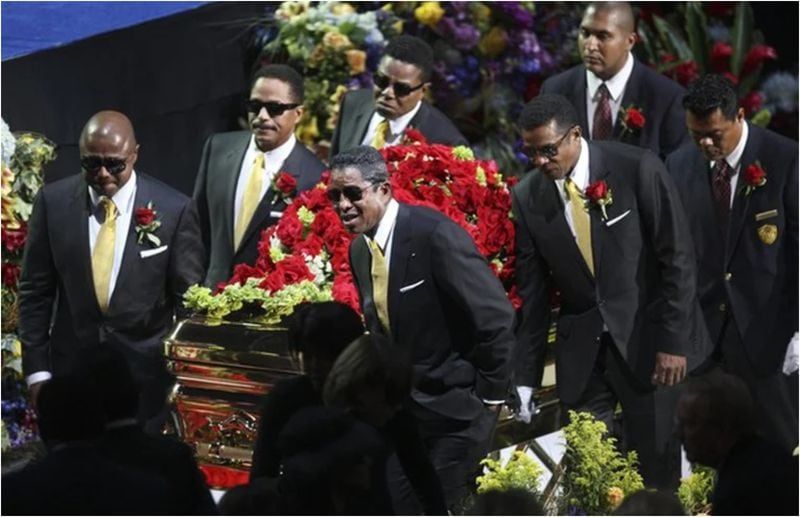
That afternoon, the reaction capacity of other media born in the digital era was demonstrated and how they could easily get ahead of the consortia that had historically defined the journalistic direction of recent times.
TMZ not only rose to fame, but continues to do its job to this day. They have hit almost all the important news of recent years, such as the deaths of Prince, James Gandolfini, Matthew Perry or Tom Petty. They are one of the current compasses of entertainment journalism in the world and a guarantee of good sources, rigorous information and quick reaction capacity.
The fact that everything was lightning-fast that day – less than an hour passed from when Jackson went into cardiac arrest until his death – made people look for quick, easy and immediate ways to find out about what happened. Given this, Twitter deployed its showcase and emerged as another tool to make an event go viral, and also to know almost instantly what was being said about that event.
Founded in March 2006, three years later, when the man from Thriller started, the social network was experiencing progressive growth, basically encouraged by the media. But little was known about its method of operation and its impact.
That day, nine of the ten trending topics referenced Jackson. In fact, many people that day just discovered that concept: “trending topic.” In other words, what (almost) everyone was talking about.
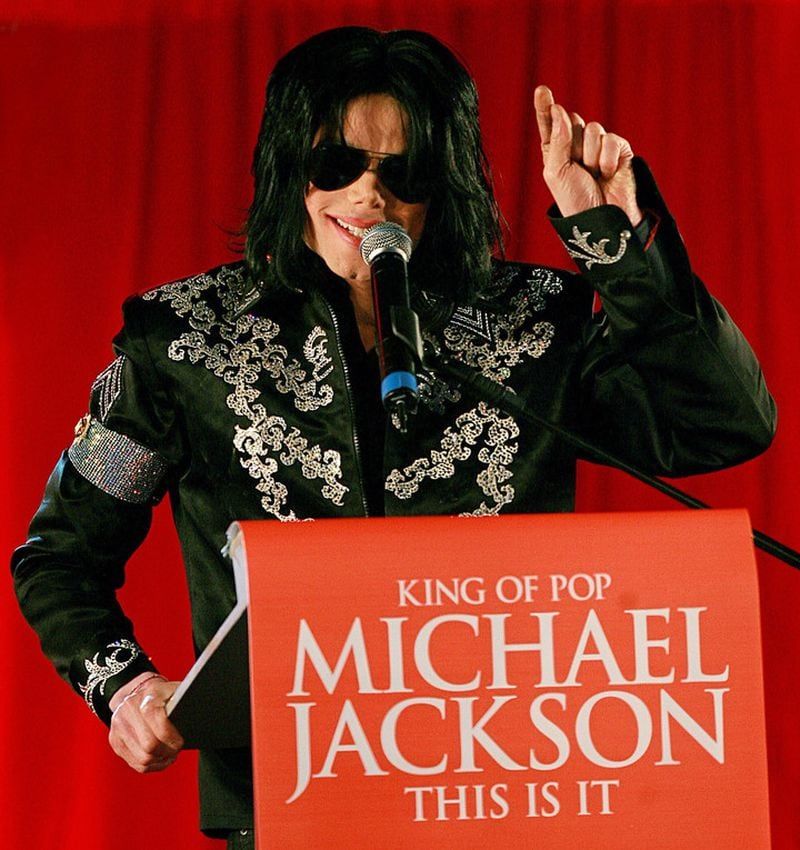
According to company records, more than 100 thousand tweets per hour and almost 5 thousand per minute referring to the artist were published, a record until then. With so many people interested in this new tool, and so many others putting the hashtag #MichaelJackson in their messages, or changing an image of the performer as a profile photo, the platform simply collapsed and was down for several hours. 20% of everything published that day was referred to the King of Pop. Previously, only the Iranian elections or the A(H1N1) flu pandemic had achieved these statistics, although reaching barely 5% of Twitter traffic.
Twitter – today X – confirmed a power that would only increase over the years and became a valid place to search and comment on information instantly. And also something else: what was being discussed there, what was cooked up in just a couple of characters, was finally what was dictating the informative and collective tone of the entire world.
For example, high-range phenomena such as game of Thrones have used Twitter as the basis for their success and massiveness – or that artists from all over the world do the same today – probably had its most complete germ on that day 15 years ago.
The goodbye of the biggest idol of the 80s put the web to the test: Faced with such a level of curiosity and hysteria, could the Internet withstand a demand rarely seen before?
All important sites were down due to enormous traffic. Google blocked searches related to Jackson for half an hour because, its executives acknowledged, they believed they were under attack by a virus. Wikipedia reported almost a million visitors to the artist’s biography in one hour, setting a record until that moment: its service also collapsed for several minutes. Facebook suffered the same fate, with millions of people exchanging news of what was happening.
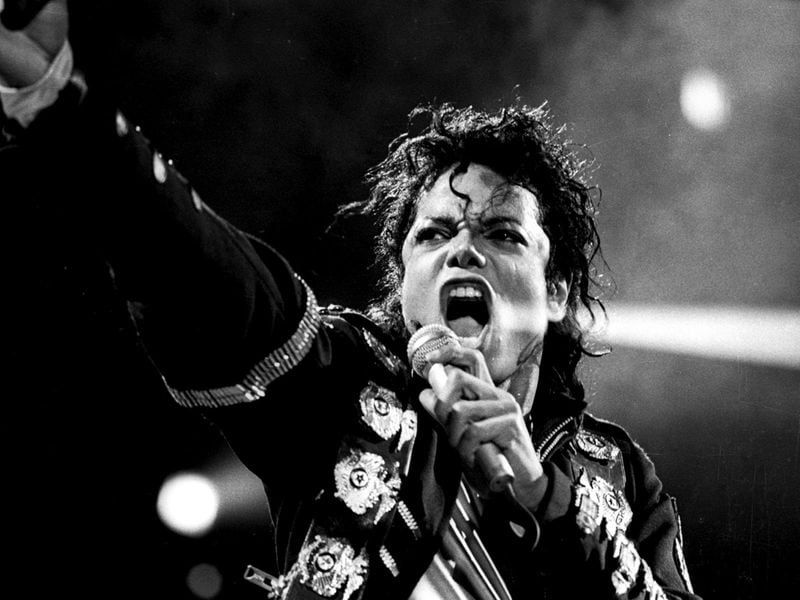
The defunct Messenger, in 2009 the most popular method of instant messaging, also saw its connection and service falter, although one of its bosses later commented: “Jackson’s death is a fundamental moment in the history of the Internet. “We’ve never seen anything like it in terms of scope or depth.”
That afternoon, the web – and consequently the media – observed how the public was hungry for information here and now, without waiting for a tomorrow where everything would surely be obsolete. For this reason, we had to adapt to the fact that the news had a life that was as explosive as it was effervescent. The logic of waiting until the next day to learn about a world topic, starting with Jackson, was already a past exercise.
The craze for “Jacko” caused many to take advantage of the panic and upload fake news with the sole purpose of confusing, creating even more morbidity, scratching some anonymous prominence in the midst of the information barbarism: Fake news was a reality and in cases like this it was simply exacerbated. Today it is a reality that boycotts journalistic rigor and public truth from time to time.
A prankster wrote that afternoon on Wikipedia – and it remained for a few minutes – that Jackson had been “savagely murdered” by his brother Tito, who had strangled him “with a microphone cable.”
Rumors also spread that actor Jeff Goldblum (The fly, Jurassic Park) had fallen from cliffs in New Zealand while filming his latest film. On several search engines and on Twitter, “Jeff Goldblum” became the only non-Jackson term to climb into the top 10. An intrusive “trending tropic”. In many newsrooms, Goldblum’s death was discussed as a serious topic of coverage.

The speculation forced his publicist to issue a statement, saying: “Reports that Jeff Goldblum has passed away are completely false. He is doing very well in Los Angeles.”
At the same time, another star, Harrison Ford, was also rumored to have fallen off a yacht in the south of France.
Once again the media, in a few minutes, had a new challenge in their faces: if a “minor” site like TMZ had released the scoop on the death of the voice of Badwhy not believe others who also claimed to have reliable data about alleged accidents involving other public figures? The slogan that day seemed to be: you have to hit no matter what and almost anything is valid. Some websites even managed to publish notes about Goldblum and Ford’s mishaps.
Otherwise, there was an ideal backdrop for hysteria and news chaos. Earlier that same June 25, actress Farrah Fawcett had died, so anything could happen on such a disastrous and funereal day for show business.
With a milestone like the death of the King of Pop, the web demonstrated its power as an infinite place where news could reach the most multiple and unexpected edges. There was room for everything: for figures from all areas, from politics to music, to say goodbye to the deceased with a bow.
The tributes also burst in, the specials with photos from yesterday and today, the notes investigating all the possible faces of Michael, his operations, his extravagances, his pets, his Neverland ranch, his impossible dance steps, his children, the links to videos that could tell of his first appearances in the Jackson 5, his time in Chile in 1993, his visit to South America in the 70s or the reports that had begun to uncover his abuses.
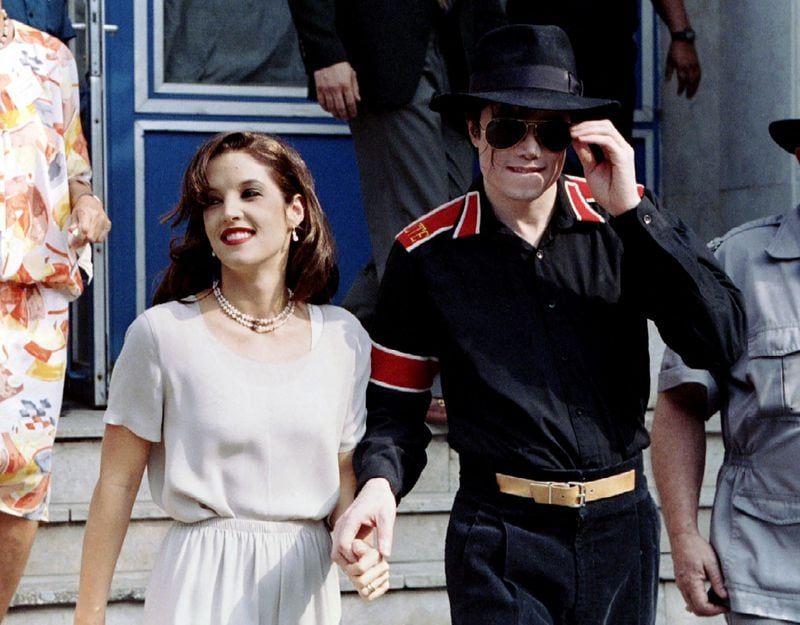
Everything was mixed, everything ran at the same time, it was impossible to read each note that tried to show some chapter of a life that was as fascinating as it was controversial, twisted and mediated: the era of overinformation had a capital episode at that time. News outbursts were here to stay. Every time a star figure leaves today, the supply of notes acquires kilometer dimensions.
How to prioritize what is important and what is accessory about a news event? That seemed to be one of the questions of those days and to this day it is the question that remains among the public, faced with the overstimulating and unapproachable tons of information flow that accumulate on the Internet.

